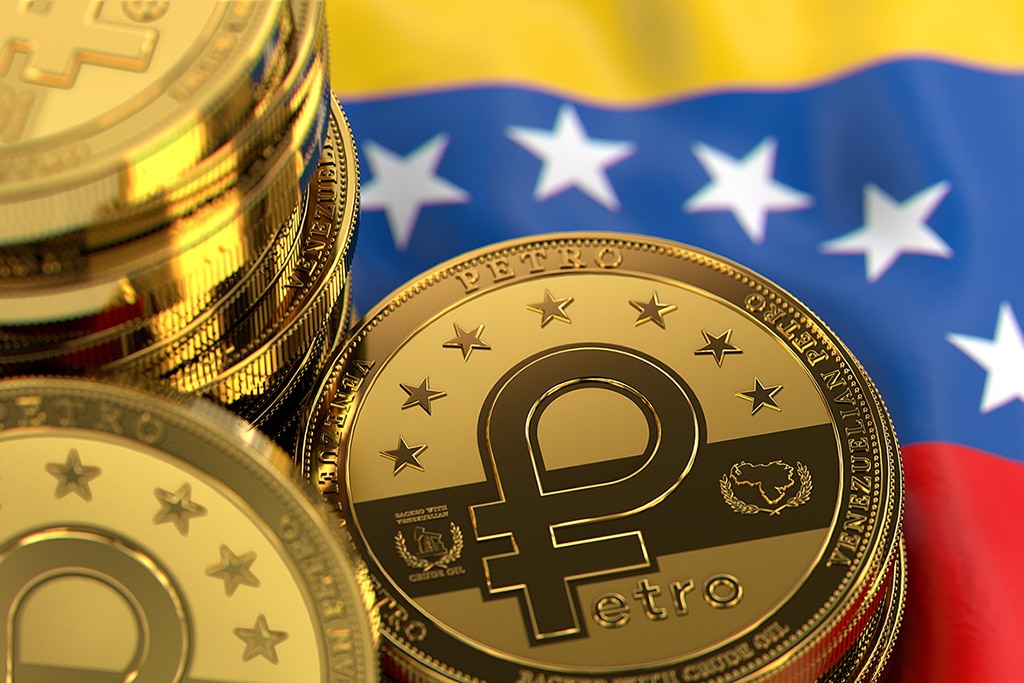The oil-based digital currency fails before launching: it is claimed to violate the Constitution of the country.
In early December Nicolas Maduro, the president of Venezuela, declared the creation of a new cryptocurrency – Petro. However, this plan is no longer expected to materialize. This Tuesday, January 9th, 2018 Venezuelan parliament declared the new cryptocurrency illegal, Reuters reports..
The story of Petro started more than a month ago. Venezuela has struggled over years from the U.S. sanctions. In the beginning of November 2017 the list of Venezuelan officials who have been sanctioned by the American government got expanded by 10 people.
Nicolas Maduro, who is also sanctioned by the U.S., decided to use the innovative way of fighting against the situation. Petro was supposed to become the matter of resisting to the aggressive influence of the U.S. on the situation in Venezuela.
In the first presentation of Petro, Maduro mentioned that the commodity reserves of the country – mainly oil, but also diamonds, gold, etc. – were to back the new digital currency. On Friday the president gave some more details.
He announced that one Petro was to have the value of a barrel of Venezuela’s oil, which closed at about $59 last week. He also shared the plans to issue 100 million Petros. The whitepaper was expected to be released on the 14th of January, 2018.
On Tuesday the Venezuela’s parliament undermined the cryptocurrency-based plan on strengthening the economy of the country. Petro was declared illegal. The decision was foreseeable: the opposition-run congress stays in confrontation with the current president.
The tension increases because of the fact that the presidential term of Maduro is to come to an end this year. Even if the cryptocurrency would be launched, it would void once the president is out of the office.
The parliament stated that the whole concept of Petro creates a mechanism of borrowing against the oil reserves of Venezuela. Jorge Millan, one of the legislators who took part in the discussion of the digital currency, said: “This is not a cryptocurrency, this is a forward sale of Venezuelan oil.” The Venezuelan National Assembly passed an Agreement on the Emission of Cryptocurrency (Petro).
That document states that launching an oil-based cryptocurrency violates the Constitution of the country: according to the document mineral and hydrocarbon deposits of any nature within the territory of the country are of public domain, and therefore inalienable and not transferable.
What is more, the idea of this cryptocurrency is seen as a try to circumvent the article of Constitution which requires approval of government borrowing by official legislation. The whole Petro initiative is treated by the parliament as a form of subterfuge increasing the level of corruption.
The lack of trust in Petro existed from the very moment of its announcement. On the one hand, the political climate in Venezuela determined the outcome of the new digital currency launching. On the other hand, some people used the story to remind of the concept of cryptocurrencies – the money that is not issued and controlled by the authority.

